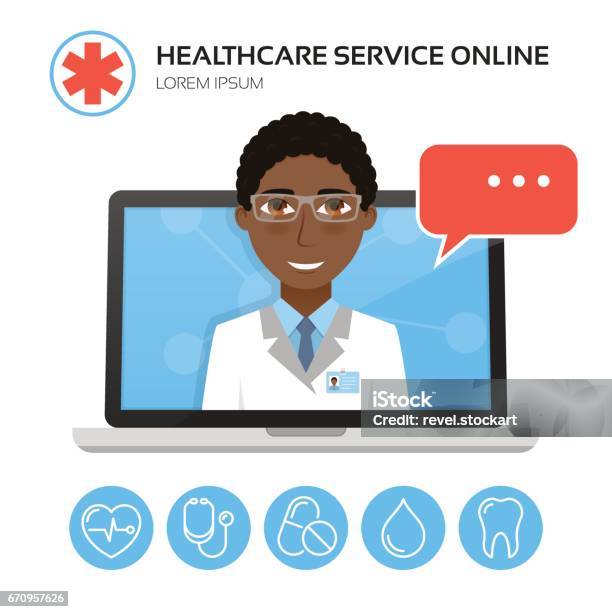Navigating the Future of Medicine With Subscription-Based Medical Care Provider
As the healthcare sector advances, subscription-based services become a pivotal version promising to improve client treatment shipment. With the prospective to provide streamlined, cost-effective services via predictable rates and individualized focus, these services stand at the center of contemporary clinical innovation. Yet, as we consider their increase, one need to ponder the ramifications of incorporating such systems into existing healthcare frameworks. What obstacles do they position in terms of information safety and security and equitable accessibility, and exactly how might they redefine the patient-provider connection? The response to these inquiries can fundamentally change our strategy to health care.
Surge of Subscription Health Care
As healthcare systems around the globe face raising pressures from climbing prices and need for solutions, the development of subscription-based healthcare designs has become a transformative fad. This ingenious method is interrupting conventional medical care delivery by providing a foreseeable, flat-rate settlement framework for medical solutions. Rooted in the principles of attendant medication, subscription-based healthcare enables providers to concentrate on individualized patient care while simultaneously managing functional effectiveness.
The rise of this design can be associated to numerous elements. Technical innovations have made it possible for extra smooth integration of treatment via telehealth and electronic health and wellness records, assisting in the scalability of subscription services. In addition, the enhancing consumer demand for transparency and predictability in healthcare expenditures has driven the change in the direction of this design. Subscription-based services often offer straight accessibility to health care professionals, which can reduce the administrative burdens related to insurance coverage claims and repayments (subscription based healthcare).
This model is acquiring grip amongst diverse doctor, from health care medical professionals to specialized facilities, by aligning financial rewards with preventative and continual care. By changing the focus from volume to value-based care, registration medical care has the prospective to reshape the landscape, cultivating a much more lasting and patient-centered strategy to wellness monitoring.
Benefits for Individuals

Additionally, subscription-based solutions commonly highlight preventative care, encouraging regular exams and health screenings. This aggressive technique can result in very early discovery of health concerns, possibly improving end results and decreasing long-term healthcare prices for people. Such versions generally offer transparent rates, allowing patients to better recognize their health care costs and avoid unanticipated clinical bills.
The individualized nature of subscription-based medical care also enhances person experience. Patients can get customized healthcare plans that suit their particular requirements, cultivating a more patient-centric strategy.
Modern technology's Role in Transformation

Expert system (AI) plays a crucial function in anticipating analytics, helping in early medical diagnosis and customized treatment plans. AI formulas analyze vast datasets to identify patterns that may be overlooked by human monitoring, thus boosting scientific decision-making. Electronic wellness documents (EHRs) streamline patient info administration, making certain connection and comprehensibility of care throughout numerous services and companies.
Blockchain innovation enhances information safety and security and Discover More Here personal privacy, crucial for preserving person count on in digital platforms. It makes it possible for secure and transparent deals of clinical information, ensuring that delicate info stays safeguarded. With the combination of artificial intelligence and AI, blockchain can automate intricate healthcare processes, decreasing administrative concerns.
Factors To Consider and challenges
While technology drives the capacities of subscription-based medical care solutions, it likewise introduces a set of challenges and factors to consider that should be addressed to guarantee successful application. One significant obstacle is the equitable access of these services. As membership models frequently count on digital platforms, there is a risk of exacerbating the electronic divide, leaving people without net gain access to or digital proficiency. Ensuring these services do not disproportionately profit only tech-savvy and upscale populations is critical.
Data personal privacy and protection represent another important factor to consider. Subscription-based solutions usually require the collection and storage space of vast amounts of individual health info. Service providers have to stick to stringent data protection policies to maintain individual trust and stop unauthorized gain access to, which could bring about significant honest and legal repercussions.
As healthcare needs advance, preserving an affordable equilibrium between subscription costs and service quality is vital to avoid patient dissatisfaction and attrition. Attending to these difficulties is important as subscription-based medical care services proceed to expand and evolve.
Future Effects for Medication
Subscription-based medical care solutions are positioned to substantially influence the future landscape of medicine by reshaping just how care is accessed and delivered. These models supply the possible to equalize medical care gain access to, providing clients with even more timely and individualized treatments. By leveraging technology, such as telemedicine and data analytics, registration services can assist in continuous monitoring and customized health management, thus boosting end results and lowering the problem on standard healthcare systems.
As these services gain traction, they might promote a change in the direction of preventative care, emphasizing the relevance of early discovery and management of chronic conditions. This positive strategy might eventually lower medical care prices by mitigating the need for costly therapies developing from late-stage illness monitoring. Additionally, registration designs use a scalable option to address disparities in health care accessibility, especially in underserved or country populaces.
Nevertheless, the change in the direction of subscription-based designs demands resolving regulatory and ethical considerations, including information privacy and equitable accessibility. As the sector develops, collective efforts between policymakers, technology developers, and medical care service providers will be critical to developing durable frameworks that secure individual interests while cultivating advancement. Ultimately, these solutions guarantee to add dramatically to a more reliable, patient-centered medical care environment.

Verdict
Subscription-based health care solutions represent a significant development in the medical field, providing predictable costs and customized care that boost access and focus on precautionary steps. Technical advancements, such as telemedicine and AI-driven analytics, help with tailored person experiences, improving general health and wellness results. Nevertheless, difficulties such as data personal privacy and equitable accessibility need to be resolved to ensure the widespread benefits of these services. As the medical care landscape evolves, registration designs are positioned to play a crucial role in forming the future of medication.
As the medical care industry advances, subscription-based services arise web as a critical design promising to improve individual care delivery.As health care systems around the world face boosting stress from climbing costs and need for services, the advent of subscription-based health care versions has actually arised as a transformative trend (subscription based healthcare).With the rise of subscription-based medical care designs reshaping standard medical care delivery, people are beginning to experience significant benefits visit the site from this cutting-edge method. As health care needs advance, keeping a cost-effective balance between registration charges and service quality is important to avoid individual dissatisfaction and attrition.Subscription-based healthcare solutions are poised to significantly influence the future landscape of medication by reshaping exactly how treatment is accessed and provided